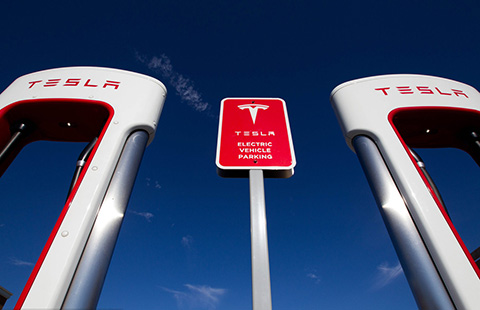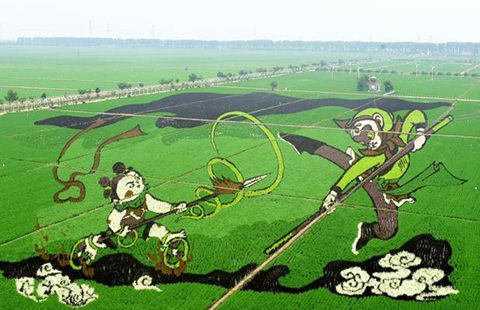Hybrid challenge for auto JV in China
By Wang Chao (China Daily) Updated: 2012-11-30 15:42Hodac from the European Automobile Manufacturers Association says there is no way to avoid this issue, as Chinese companies gradually become global players.
"The key point during the new round of cooperation is mutual trust," he says. "The intellectual property issue is among the biggest concerns of European auto companies. Once Chinese companies grow stronger and export to more countries, they will face more such cases."
Song from Tsinghua University says yet another problem confronting companies is the constant recycling of outdated platforms, with changes often being restricted to a new logo.
"I don't think that can truly improve the R&D capabilities of Chinese companies," he says.
Hinrichs from Ford doesn't think joint ventures alone should be blamed for such a situation.
"The real issue is when will the Chinese government come out with standards that are truly international and whether these (new) platforms meet the desired standards." He says that one of the reasons why recycling of old platforms does not occur in Europe or in the US is because the requirements (on new platforms) are much more stringent that it doesn't make sense (to continue using the old ones)."
Unclear future
McGuckin from PWC says consumers beyond the traditional first-tier markets will account for over two-thirds of the market growth in the next five years, so the new self-owned joint-venture brands have great potential.
"There is enormous potential due to the rising disposable incomes and, most importantly, the strong desire for more individual mobility in these markets," he says. "Vehicle purchases in these markets represent the practical aspirations of many buyers. And the automotive industry is critical to the ultimate economic growth, talent, technology and expansion of China."
But even in a big auto market that is still growing, consolidation is unavoidable if new brands keep coming out so regularly, analysts say.
Currently, the global auto capacity is about 95 million, about 25 million more than the market needs, says Marchionne from Fiat. Hodac estimates that there is about 30 percent to 50 percent of overcapacity in Europe.
"The crisis (in the European auto industry) exposed the structural flaw of the auto industry over the past few decades, such as low efficiency and overcapacity," Marchionne says.
"We foresee a global consolidation until eventually only five or six companies are left," he says. "During the consolidation, the Chinese government should make sure at least one major Chinese company survives."
Chen says the government should create an equal market environment for companies to meet this new round of consolidation, but not by protecting major Chinese automakers.
"The government should improve the merger and acquisition environment," he says.
- Vanke A Shares slump by daily limit
- Asia-Pacific head of SAS bullish on China
- China makes bold entry into LatAm health market
- Biopharma, healthcare stocks set for Q3 bounce
- Internet + big data = better service
- Hongkong and Shanghai Hotels preparing to pass the test of time
- Brexit effect eases, rebound likely
- Huaxia Finance CEO wants to give hope to small companies


















